
Keeping the faith: reconciling sexuality and religion in the Greek Orthodox Church
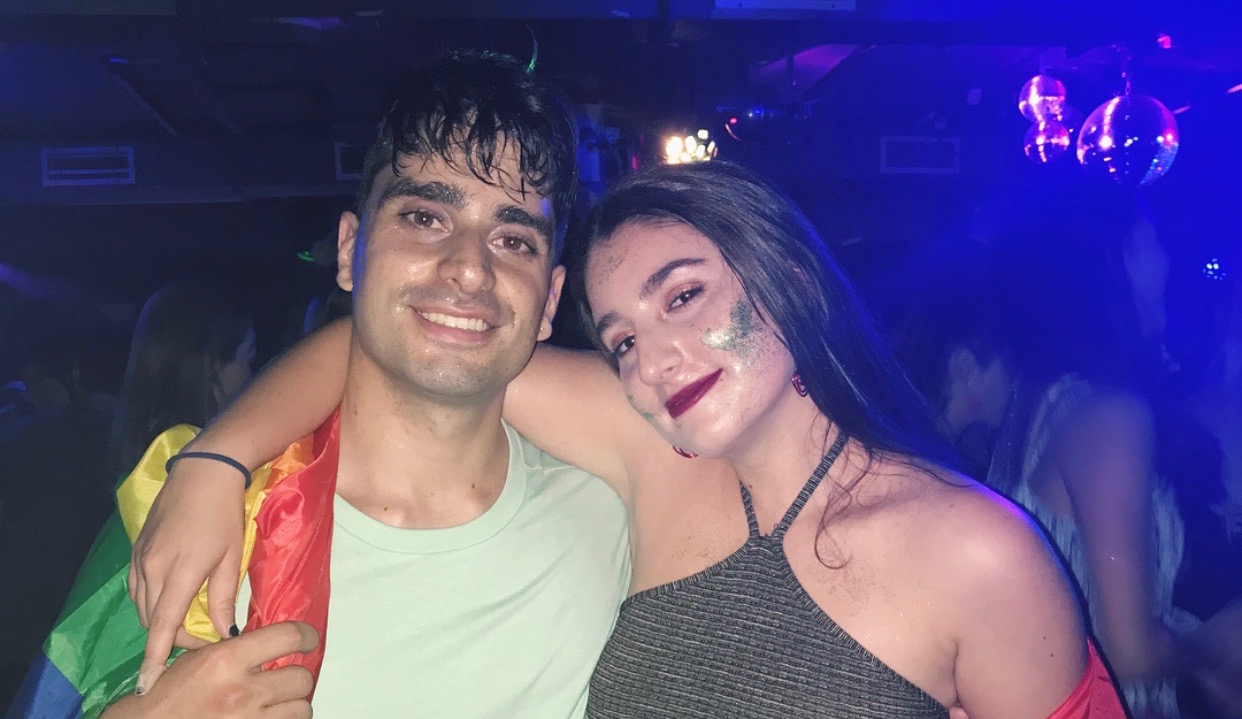
Reconciling sexuality and religion has proven difficult for these four Greek Australians. John Voutos spoke with them about their experiences as former and current LGB adherents of the Greek Orthodox church.
* * *
Keeping the faith is no easy feat when many in your religious community don’t accept you for who you are.
Patricia, 34, says despite the Greek Orthodox community’s disapproval of the LGBTI community, she continues to incorporate religion as a fundamental aspect of her family.
“I’m raising my son to respect the teachings of the Orthodox faith, and to continue actively participating within the spiritual community,” she says.
While both her union and her faith are inextricably connected, Patricia says adversity has arisen in the past, describing the moment she was given terms and conditions for the christening of her son.
“I approached the parish priest [who] gladly agreed to christen my son. His belief was that my identity should not interfere with my son’s inclusion within the faith, despite the stigmatised belief of the church,” she says.
“But prior to the christening, there was an issue in regard to the Archdioceses’ lack of approval.
“The priest continued with the christening of my son, however it was alongside the compromise that I was to be identified as a single mother and that my partner was not to be addressed as a parental figure. Also, that the invited family and friends were to not elaborately discuss the details.
“I am eager to see the church adopt a more liberal mindset.”
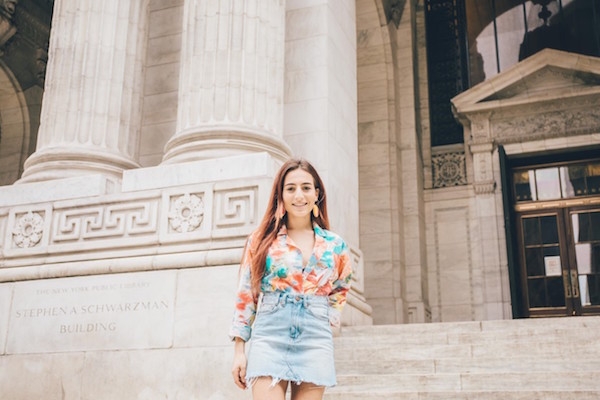
Nick Carydis, 31, has similarly faced an ongoing battle with his faith in Greek Orthodoxy.
“My bisexuality was definitely a motivator to drop the faith,” he says.
“Though I actually did feel that my faith and my sexuality could co-exist. The teachings of the Orthodox religion made clear to me that God made me the way I am. So if they made me this way, why would He punish me for it?”
Carydis believes society’s shift towards atheism has contributed to a growing disinterest in the church.
“I’ve only recently come to realise that scientific truth is incapable of telling you how you should live your life,” he says.
“Of course, if you had told me that I would be saying this a year ago, I’d be laughing at you.”
Australian Bureau of Statistics (ABS) census data from 2016 shows that ‘no religion’ is rising fast and that adherence in Greek Orthodox has decreased by roughly 19 per cent in the previous five years, with experts predicting that figures will continue to decrease.
Active member of the Greek and Gay Support Network (GGSN) and of the Australian GLBTIQ Multicultural Council (AGMC), John Tzimas, says that adherents will continue to pull away from the church unless they withdraw from politics.
“The fact that the church has become more active in politics is going to work to its detriment,” he says.
“What we need to start working on is developing better relationships with Greek community leaders,” he adds, suggesting that “it’s a case of starting discussions with the broader ethnic community to try and get them to change their approach to diversity.”
“Every year is better than the previous.”
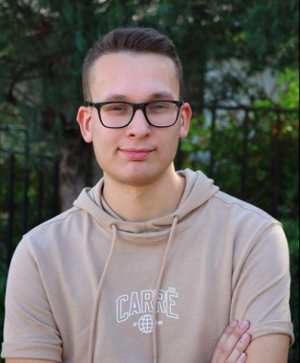
Marissa Farvakos, 19, says her parents are a reflection of the improvement in attitudes towards lesbian, gay, and bisexual people by Greek Australians.
“In the beginning, it was difficult for my parents to come to terms with [my sexuality]… however, they are now proud of me for being true to myself,” she says.
“Although there is still secrecy of my sexuality around my Yiayia and Pappou (Greek: grandparents) due to their traditional morals. My Yiayia didn’t receive an invite to my cousin’s wedding, where she recently married her wife, in the hope to spare judgement or disapproval.”
Farvakos suggests visibility of same-sex couples in the church would encourage acceptance and inspire younger generations to continue attending.
“If the church continues to drag behind present day society and follow old traditions, the younger generations will mostly likely not want to attend,” she says.
“Religion is a significant part of Greek culture, and it is important to keep this culture, history, and community alive.”
Lachlan Russell, 19, adds that his parents have also supported both his sexuality and his relationship with his faith.
“In 2017, during a midnight mass for Easter, my local parish priest decided to rant about same-sex marriage and how ‘wrong’ it was,” he says.
“All of my family members who I was with walked away from this mass with me through silent support.
“Afterwards, it was my mother who discussed the situation with me, and helped me come to the conclusion that while I identify with my faith, I don’t support every single aspect of the church.
“The church has to grow with the times in order to properly survive. Otherwise, it won’t.”





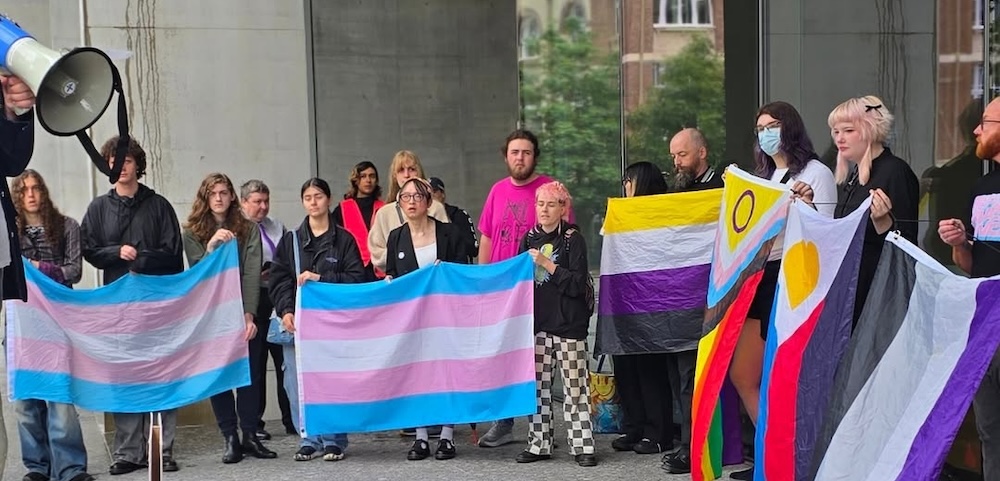
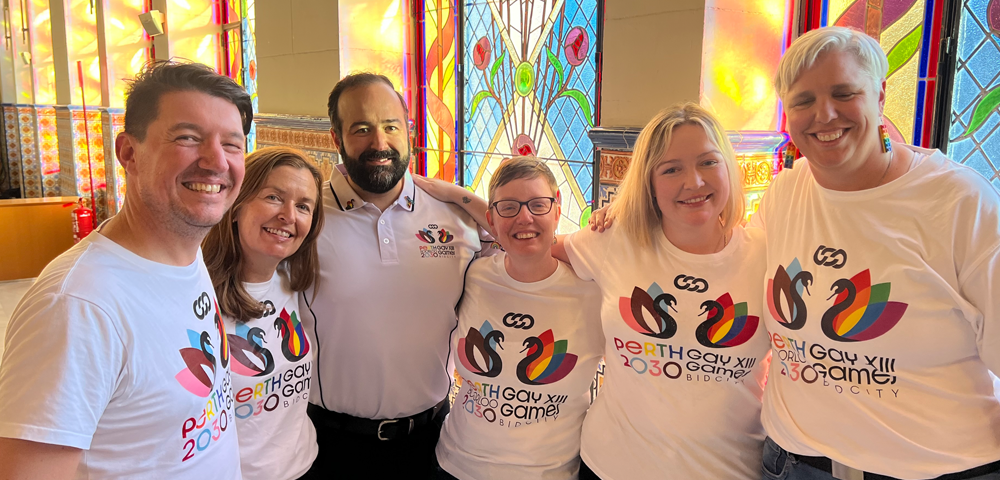
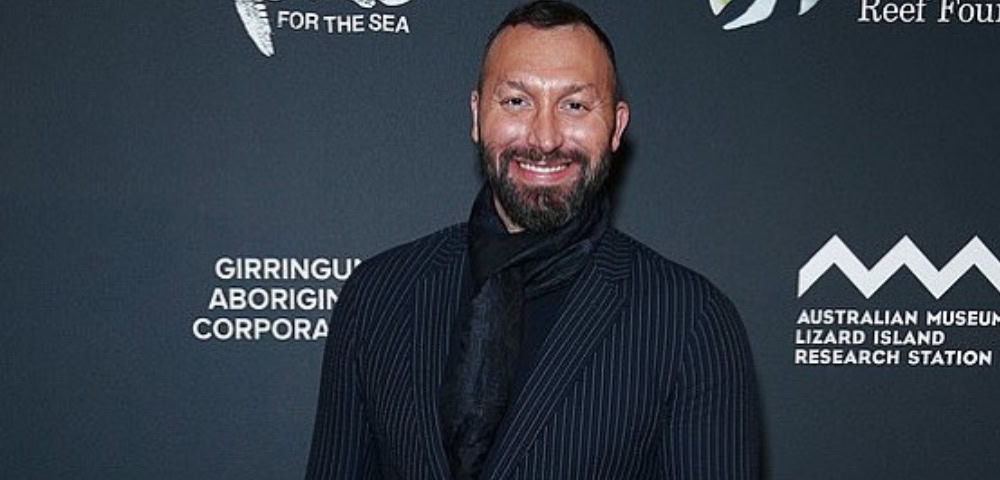
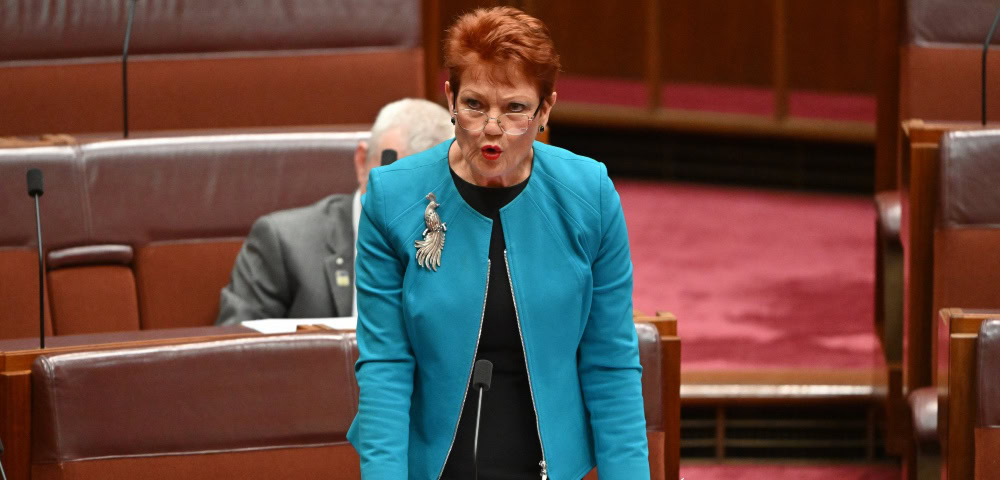
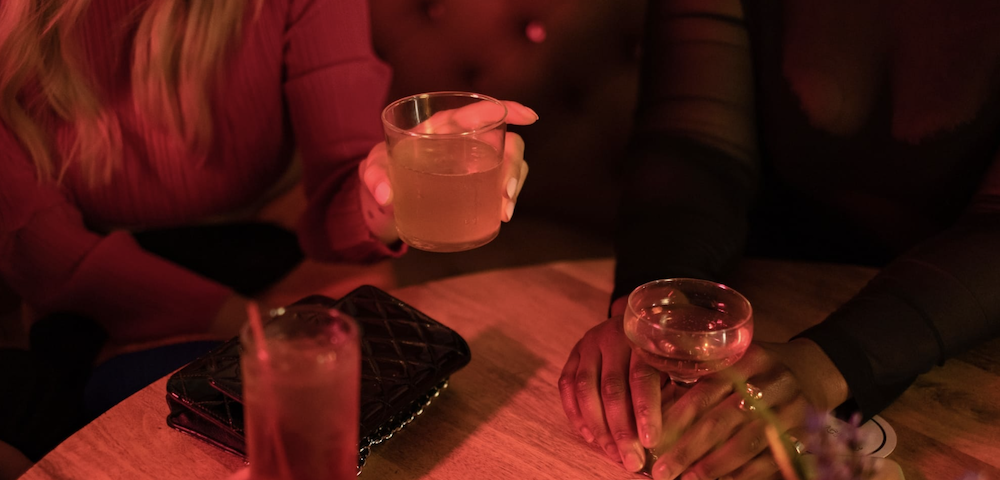
The Greeks invented gay pride thousands of years ago. The entire world knows it. I think their religious types are overcompensating now.